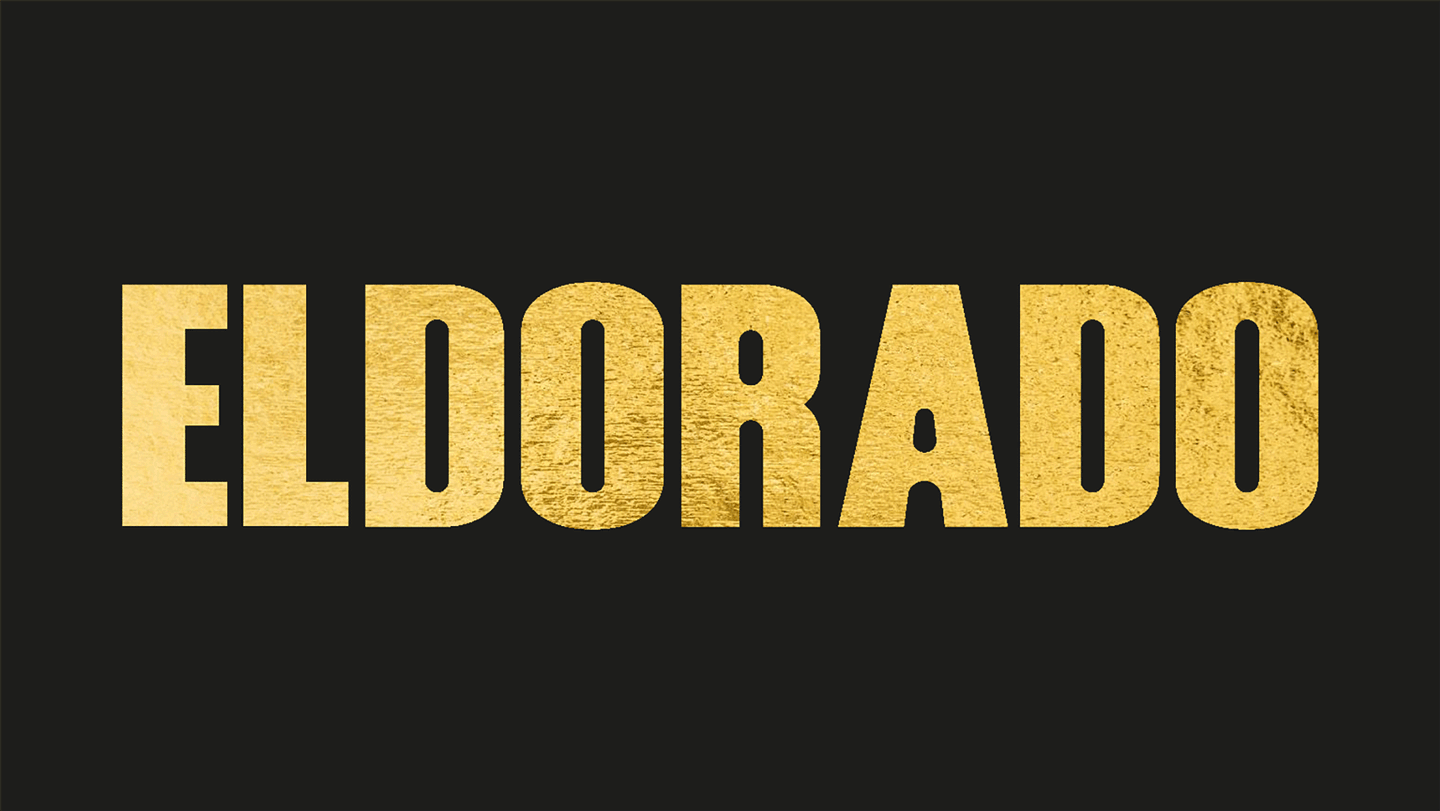ELDORADO: A Wor{l}d Game
April 10–May 19, 2019
Museum of Fine Arts (Galerija umjetnina), Split is pleased to present ELDORADO: A Wor{l}d Game, the first exhibition of Brussels-based artist Ali Cabbar in Croatia. Curated by Basak Senova and Branko Franceschi, the exhibition questions gentrification in different locations through a body of work that witnesses and compares the two. The exhibition features a commissioned soundtrack by Maya Muratoglu.
With the influx of more residents and capital flow, the process of gentrification and displacement in any deteriorated urban neighborhood creates a mutant taste of aesthetics and ideological traces by overwriting existing cultures and histories.
The artist started working on this project in 2016, when his neighborhood Dolapdere in Istanbul showed signs of change right after a contemporary art museum construction started. Almost immediately, bigger commercial art galleries bought or restored buildings a few steps away from the construction site. Despite its proximity to the center of the city, Dolapdere is traditionally a working-class neighborhood, housing a mixture of cultures and people, including Roma, Kurds, immigrants from Africa and Central Asia, run-down Orthodox churches, car repair shops, and mannequin producers. Now it is destined to be a valley of art and tourism. The same pattern can be observed in most of the populated cities in the world; contemporary art inevitably becomes an “infantry troop” of the real estate developers.
By mimicking a word challenge game, the artist creates an—almost perfect—anagram from the name of the neighbourhood: Dolapdere becomes Eldorado. Like the Spanish conquistadors of the Middle ages, the developers dive into the jungles of the city and change the diversity and authenticity of the neighbourhoods to make fortunes in gold.
The ELDORADO: A Wor{l}d Game exhibition will be accompanied by a book, edited by Basak Senova, published by Galerija umjetnina, which consists of a set of texts by Branko Franceschi, Basak Senova, and Sinan Logie, hovering around the issues of gentrification along with Ali Cabbar’s artistic research and the exhibition.
Ali Cabbar’s work draws inspiration from personal experiences and explores identity and political issues using symbols and black humour. He employs a variety of media such as drawing, painting, photography and 3-D installations, and likes to combine digital and traditional techniques in innovative ways. In his recent research-driven projects, Cabbar delves into the effects of gentrification and political propaganda.
Cabbar’s solo exhibitions include: Ugly at DEPO, Istanbul (2016); Placebo Effect at the Operation Room, Istanbul (2015); Disquiet Shadow at the Yapi Kredi Cultural Center, Istanbul (2010); Escape at Le Botanique, Brussels (2006). He has also participated in group shows, including Climbing Through the Tide at Kamel Lazaar Foundation’s B7L9 project space, Tunis (2019); First Round, Carmikli Collection, Galata Greek School, Istanbul (2018); the YKB Collection Exhibition Helix, Istanbul (2017); Animacall, Thessaloniki, Greece (2011); Memento Mori, The F.U.E.L. Collection, Philadelphia, USA (2008); 13th International Festival of Computer Arts, Maribor, Slovenia (2007); Rejection Episodes, Vooruit, Ghent, Belgium (2006); Biennial International de Gravure IV, Musée d’Art Modern et d’art Contemporain, Liege, Belgium (2003). His works are held in public and private collections and have been published in several books and magazines in Turkey, Australia, and Belgium. Cabbar lives and works in Brussels.
The exhibition is made possible by generous support from Museum of Fine Arts (Galerija umjetnina), Split and production support from the SAHA Association, Istanbul.


